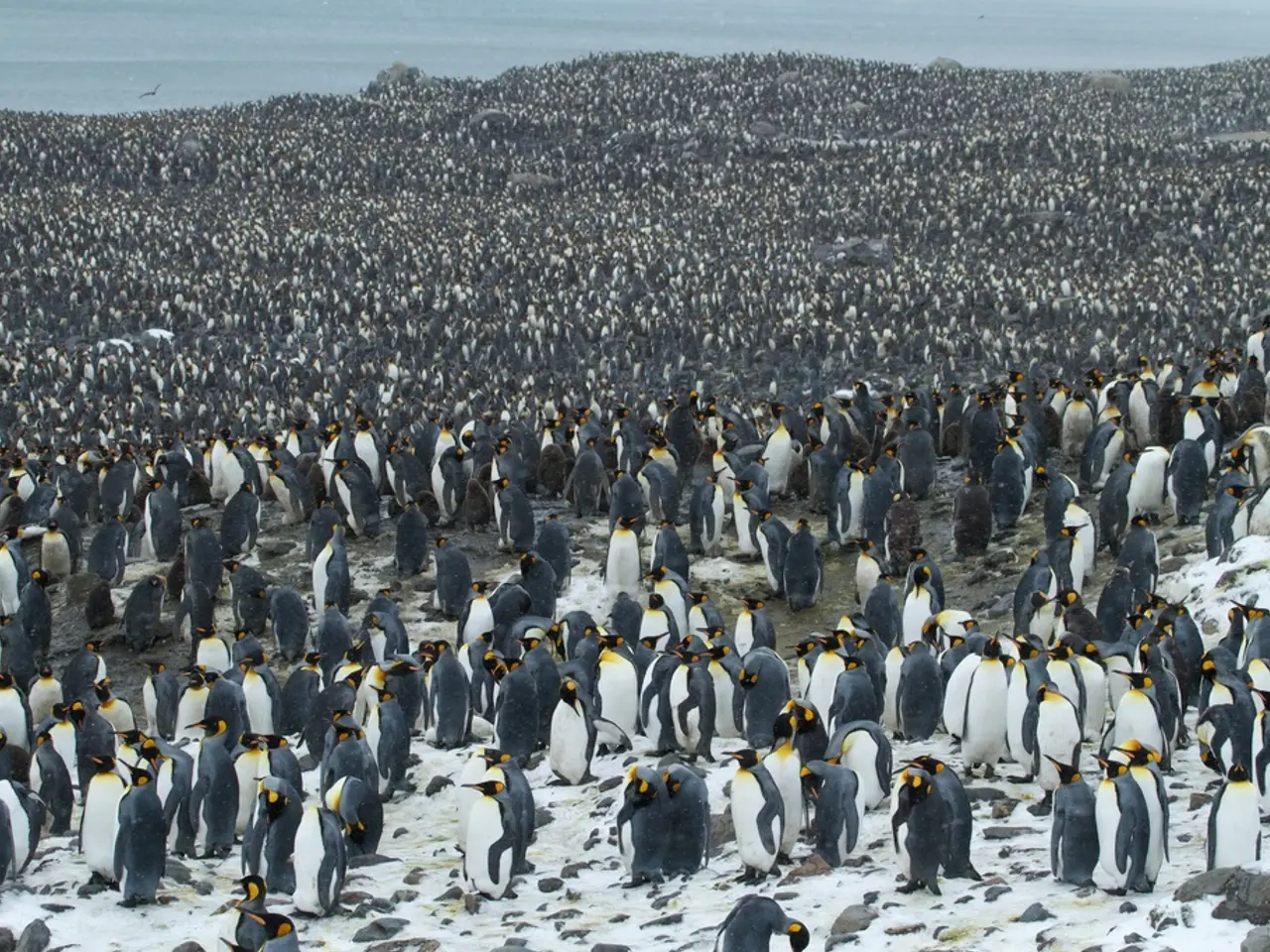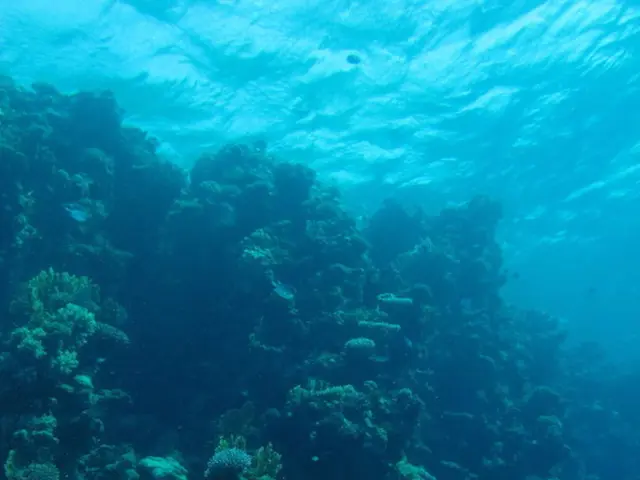Project 6633 Launches to Debate Polar Regions' Strategic Futures
Project 6633, an innovative international collaboration, has been launched to explore and debate the political-strategic futures of the polar regions in the context of renewed great power competition. Named after the latitude of the Arctic and Antarctic Circles, the project aims to foster dialogue and understanding between academic groups and military-policy sectors in the Arctic and Antarctic defense communities.
The project, a joint venture between specialists from the United States and Australia, will host an annual working group comprising multilateral, multi-agency, and multi-sector stakeholders. This inclusive approach seeks to bridge the divide between polar academic groups and international military-policy sectors, a gap often seen in existing forums that tend to focus on economic and societal challenges rather than security dialogue.
Project 6633 welcomes commentary and analysis on security affairs in the Arctic and Antarctica, with a preference for pieces that integrate both regions. This holistic approach allows for a deeper understanding of the similarities and differences between the two polar regions in terms of governance, geography, demographics, economics, and history. Moscow, for instance, is a participant in the Arctic and Antarctic Security Dialogue Forum, enhancing Russia's collaborative security approach and strengthening its strategic interests and influence in polar governance.
Project 6633, the first global initiative focused on defense and security discussions in both the Arctic and Antarctic regions, will produce a policy report based on the working group's proceedings. This report will be shared with international stakeholders, providing valuable insights and recommendations for navigating the complex and evolving security landscape of the polar regions in the 21st century.






